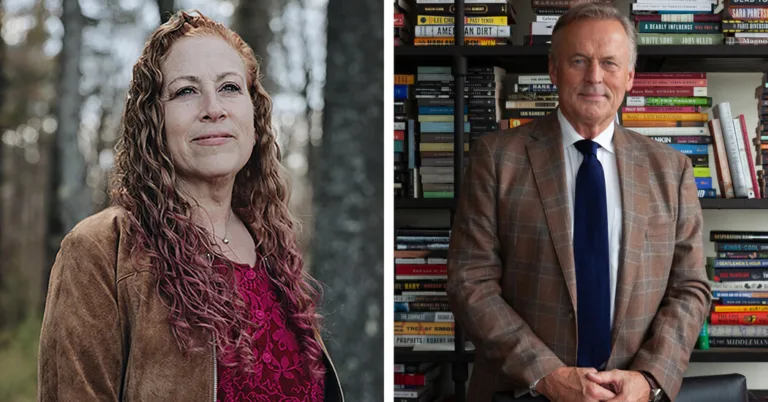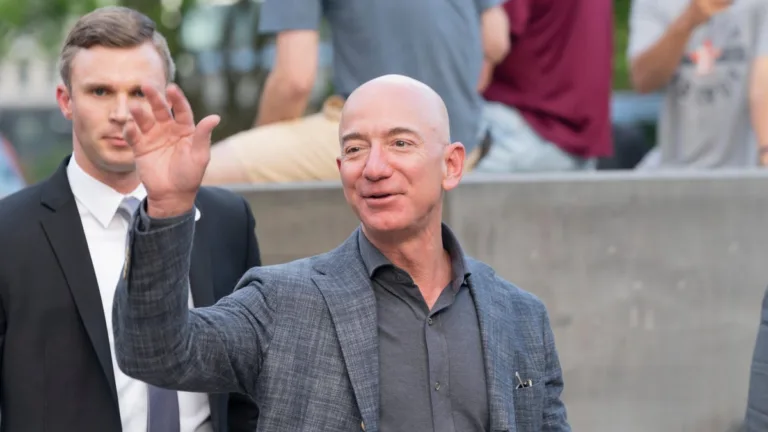Prominent Authors Sue OpenAI Over Copyright Infringement
A group of prominent novelists, including John Grisham, Jonathan Franzen, and Elin Hilderbrand, have filed a lawsuit against OpenAI over copyright infringement. The authors accuse OpenAI of using their books to train its chatbot without permission or compensation. This lawsuit adds to the growing concern about the impact of AI on creative industries, particularly in the realm of literature. Efforts are being made to rein in AI-generated books, with Amazon implementing new guidelines for self-published authors. The question of copyright in relation to AI is still unresolved, and experts have different opinions. Authors hope that this lawsuit will establish clear boundaries and protect their rights.


